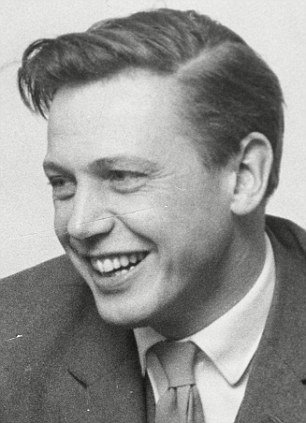David Attenborough, in full Sir David Frederick Attenborough, is an eminent English broadcaster, writer, and naturalist who is known for his outstanding video documentaries and superb narrative work. His unique voice and captivating documentaries have become iconic and so popular. He was the pioneer in bringing the marvels of nature right into our bedroom.
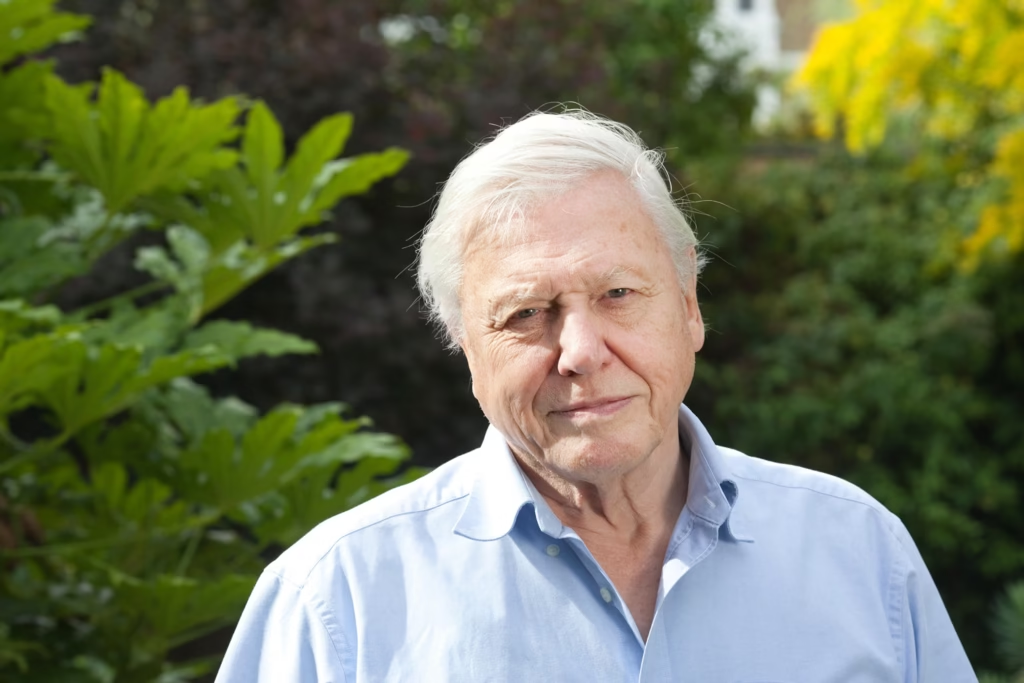
Before Attenborough, we had limited knowledge about Nature, We used to know and perceive the natural world through books only, but Sir David Attenborough’s visual documentaries have brought a revolutionary approach.
History of the Natural Historian
Born on May 8, 1926, in London, England, Attenborough grew up in Leicester, England, father was the principal of the local university, and his older brother, Richard Attenborough, became a renowned actor and film producer. however, from an early young age, David exhibited a strong interest in nature which ultimately made him a naturalist naturalist in the later part of his life.

From his childhood days, he was interested in collecting fossils, stones, and natural specimens. He was significantly influenced inspired by Jacquetta Hawkes an English archaeologist and writer.

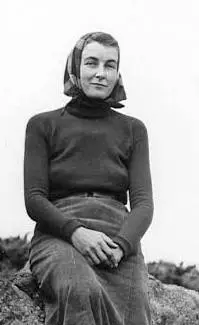
Jacquetta Hawkes
He spent considerable time on the grounds of the university and his passion for nature led him to supply newts to the university’s zoology department at the age of 11, facilitated by his father.
He pursued his interest academically, studying Natural Sciences at Cambridge University graduating in 1947 and in the same year he joined the Royal Navy for National Service.
In 1952, he quit from Royal Navy and joined a publishing company. After working for a few days in publishing, he joined the British Broadcasting Corporation (BBC) as a trainee and became a producer in the Talks department of the BBC. In 1954, he collaborated with the reptile curator Jack Lester to create the television series “Zoo Quest.” This show featured live animals filmed in their natural habitats and in zoos. The series became immensely popular and expanded the range of educational programming provided by the BBC.
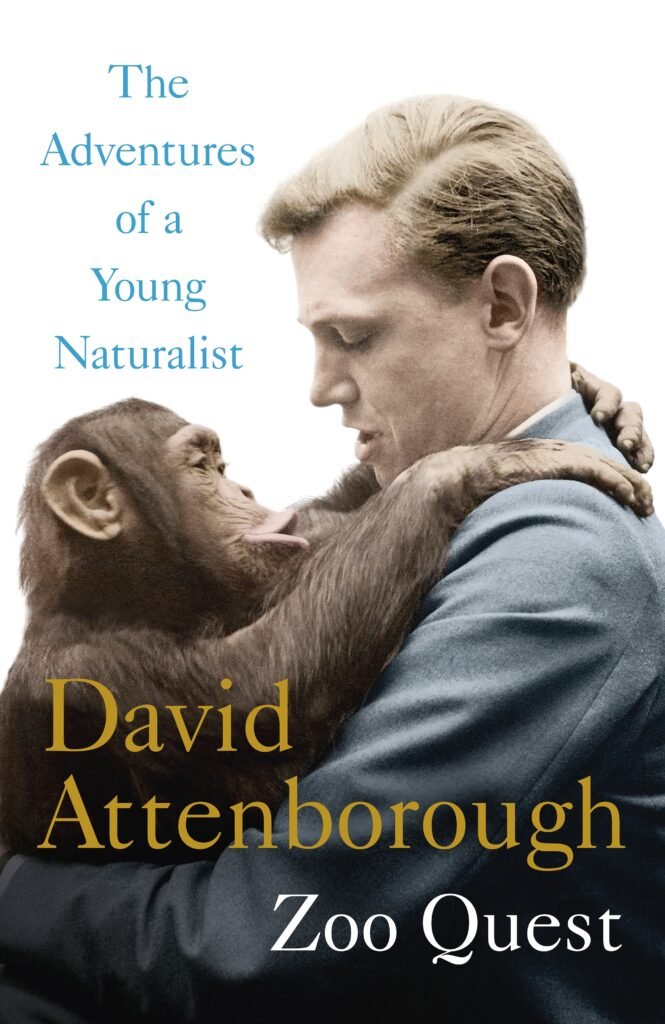
In late 1969, he took on the responsibility of broadcasting two major documentaries on the BBC. One is from the series “Civilisation”, a television documentary series written and presented by the art historian Kenneth Clark and the other is called “The Ascent of Man” by the British mathematician and historian of science, Jacob Bronowski.
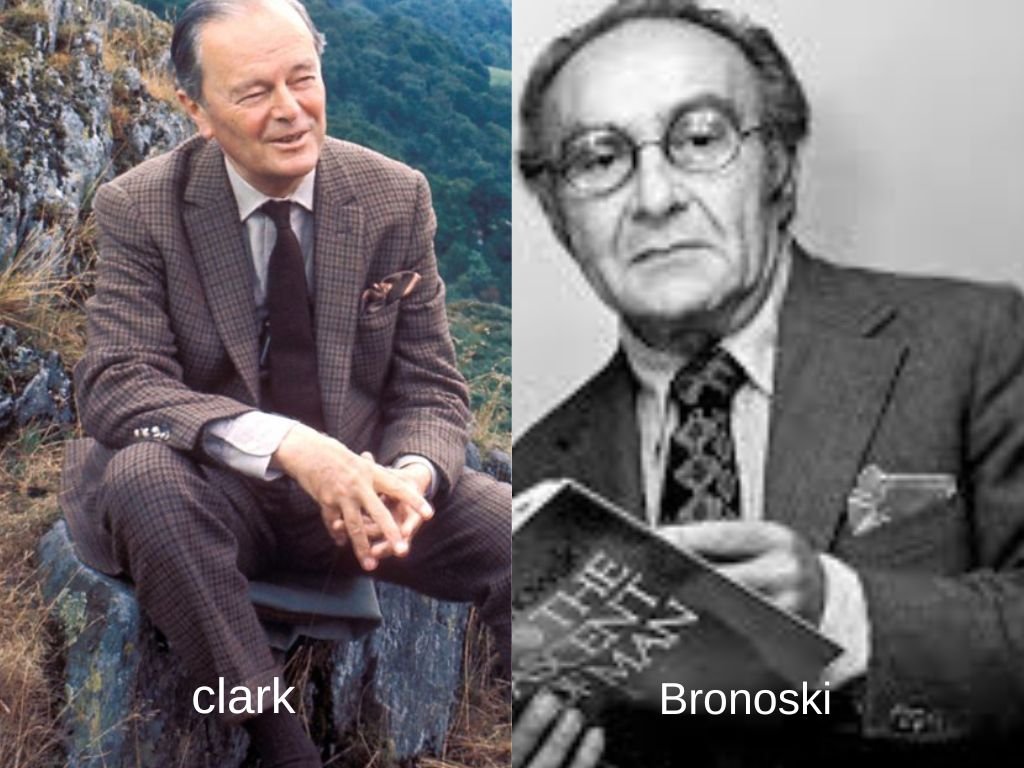
These two groundbreaking series introduced a new kind of television documentary, putting history, culture and science on coloured screens in such a way which have never been experienced before, making BBC Television widely acclaimed. In 1972, he resigned from BBC and worked as a Free Lancer producing several notable documentaries like “Eastwards with Attenborough” a natural history series set in Southeast East Asia.
After his return to BBC, he made a documentary on Tribal people, “Tribal Eye”. In 1975 and 1979 he travelled across the globe to discover the natural world and made a historic natural documentary programme “Life on Earth“, which used stunning photography and innovative camera techniques to show animals in “David Attenborough with mountain gorillas in Rwanda” (1979).
In recognition of his remarkable contributions he got knighthood from Queen Elizabeth in 1985 and 37 years later, in 2022 he was further awarded by her son Prince Charles the prestigious Knight Grand Cross.

The Journey Towards Wildlife
Long before Bear Grylls slept in a camel carcass, Sir David Attenborough ventured into the uncharted wilderness to film some of the world’s most remote people and wildlife. While it’s impossible to encapsulate all his works video provides a glimpse into the immense effort he dedicates as a naturalist.
In 1965, he broadcasted new comedies such as Monty Python’s Flying Circus and an archaeological program called Chronicle. In 1967, he was promoted as the director of programmes for both BBC channels.
As a director, he was instrumental in launching colour television in Europe, establishing himself as a pioneer in colour television broadcasting.
An estimated 500 million people watched the series worldwide, broadcasted by BBC.
After that, he made The Living Planet (1984), The Trials of Life (1990) and so on. A further seven similar ‘Life’ documentaries would follow over the years.
In 1995, he produced The Private Life of Plants, and after that, he made the most popular and remarkable documentary series called Planet Earth. It was the BBC’s most expensive nature documentary to date and when it was released in high definition in 2006, Attenborough’s Beautiful Voice made the documentary so enjoyable, so beautiful. We are attaching a part, where you can see how beautifully he described the natural life.
The following video showcases his dedication to exploring nature.
After 2006, he made Saving Planet Earth, He has also narrated A Majestic Celebration: Wild Karnataka, India’s first blue-chip natural history film.
In 2017 he made one of his best documentaries Blue Planet II, an extraordinary document by BBC where the music was composed by Hans Zimmer.
In 2018 Attenborough narrated a five-part series Dynasties, each episode dealing with one species in particular.
In 2019, Attenborough narrated Our Planet, for Netflix it was an eight-part documentary series.
In March 2019, he narrated Wild Karnataka, a documentary about the Karnataka Forest area.
However, among all the documentaries Blue PlanetII is one of his best documentaries in which, particularly the music, voice and presentation were remarkable. We are also thankful to BBC Earth for the amazing work.
Conclusion
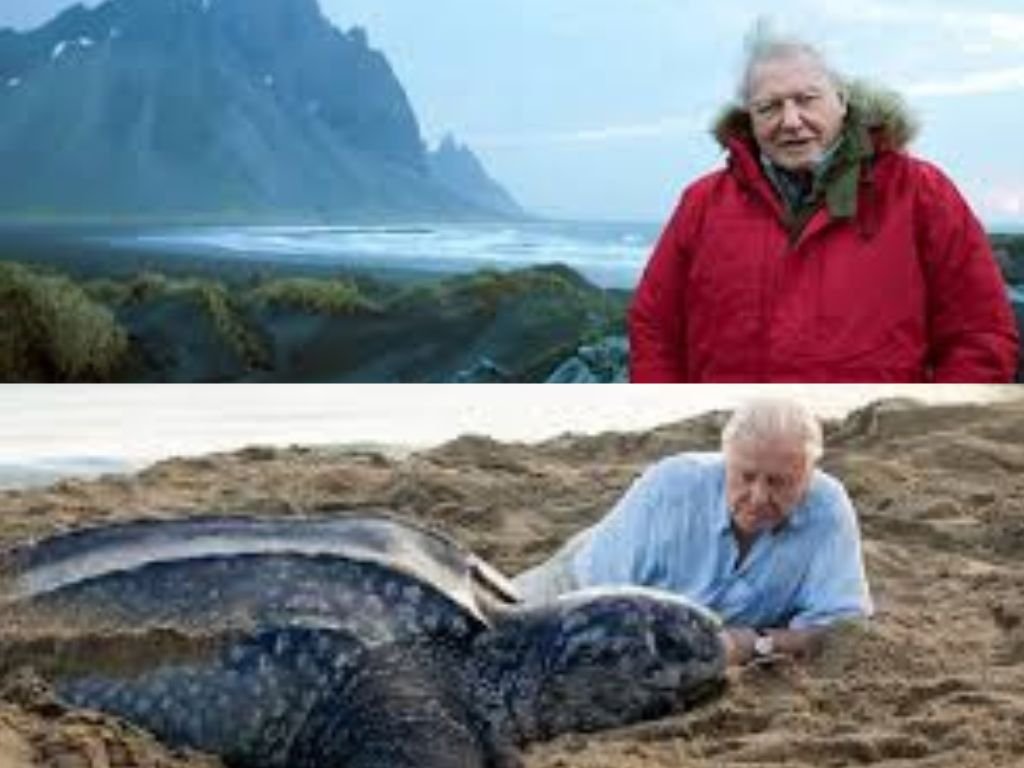
In recent years, he has been working on climate change and its adverse impact on us. It is astonishing that even at the age of 97, he is working passionately on raising awareness on environmental issues. In these documentaries, experts examine the impacts of rising temperatures on ice sheets, fragile ecosystems, developing communities, and extreme weather events.
lt is clear that despite his advanced age, he continues his fight to protect nature and raise awareness about natural disasters. If we remain unaware of these issues, humanity is likely to face even greater challenges in the future. Like Sir David Attenborough we are also hopeful that, If we make amends promptly, our planet could continue to be a suitable habitat.
Pls. watch the 49-minute documentary [our Planet] narrated by the legendary person which will make you spellbound and you will feel the necessity of preserving the forest and its habitat. Thanks to Netflix for making the documentary possible.
We hope the remarkable man will live 1000 years for the sake of our planet.
Credits :
Written by J.Mitra(Jorabari,Habra,India) on behalf of 6xnews.com.
https://Youtube channel: BBC Earth
Youtube channel: Netflix
//Special Thanks to Word press & Youtube//
*We have attached some of the Best Narrative & Research work by the legendary man. If you have time,pls. watch the videos, you will be amazed *
Click on the favourite button if you like the page.
Make comments in the comment box. Your Comment is very important to us.
You can also mail us at mj.ss06@gmail.com
Thank you@6xnews.com(R)
